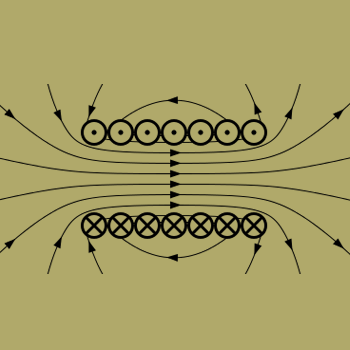We know that
#lim_{x \to -\infty} [ sqrt(x^2 + x) - x ] = lim_{x \to -\infty} sqrt(x^2 + x) + lim_{x \to -\infty} [ - x ] #,
and, trivially,
#lim_{x \to -\infty} [- x] = \infty#.
Therefore, the interesting part is the limit of the square root. If we look at the term under this square root, then, if #x# goes to #-\infty#, we have a positive part, #x^2#, and a negative part, #x#. However, as #x^2# grows much faster than #x# decays, we know that the limit has to be #\infty#. We can prove this by showing that for an arbitrary #\epsilon > 0# it holds that #sqrt(x^2 + x) > \epsilon# if #x# is chosen small enough (which is guaranteed to be the case at some point, as #x# goes to #-\infty#).
Starting the proof, we set
#sqrt(x^2 + x) > \epsilon#,
and thus get
#x^2 + x > \epsilon^2#.
By completing the square, we find that this is the same as
#(x + 1/2)^2 - 1/4 > \epsilon^2#,
and hence get
#(x + 1/2)^2 > \epsilon^2 + 1/4#
or
#| x + 1/2 | > \sqrt(\epsilon^2 + 1/4)#.
Finally, noting that #| x + 1/2 | >= | x | - 1 / 2#, we arrive at
#| x | > \sqrt(\epsilon^2 + 1/4) + 1/2 = {\sqrt{4 \epsilon^2 + 1} + 1} / 2#.
This shows that
#lim_{x \to -\infty} sqrt(x^2 + x) = \infty#,
and it follows that
#lim_{x \to -\infty} [ sqrt(x^2 + x) - x ] = \infty#.

